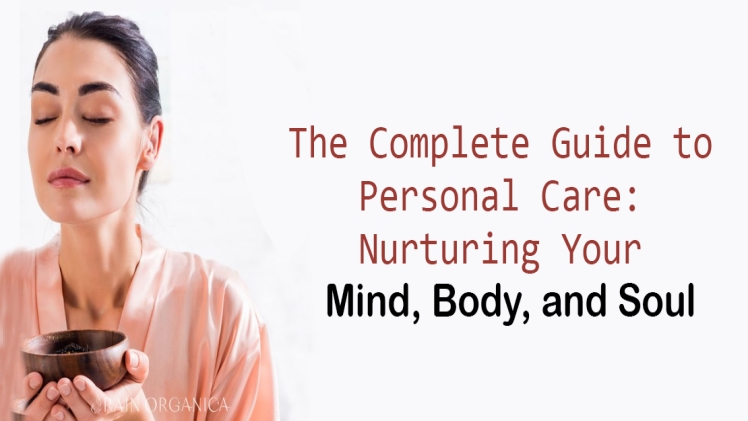Health is not merely the absence of illness; it is a dynamic state of well-being that encompasses the mind, body, and soul. This article explores the multifaceted nature of health, emphasizing the importance of holistic wellness in cultivating a life filled with vitality, balance, and a profound sense of fulfillment.
- Physical Fitness: At the foundation of holistic health lies physical fitness. Regular exercise, whether through cardiovascular activities, strength training, or flexibility exercises, contributes to overall well-being. Physical fitness enhances cardiovascular health, boosts immune function, and promotes the release of endorphins, fostering a positive outlook and mental resilience.
- Nutritional Nourishment: Nutrition is a cornerstone of holistic health, providing the essential building blocks for the body’s optimal functioning. A well-balanced diet that includes a variety of nutrient-dense foods supports physical health, energy levels, and mental clarity. Making mindful and nourishing food choices is a key component of maintaining holistic wellness.
- Mental Resilience: Mental health is integral to overall well-being, encompassing emotional, psychological, and cognitive aspects. Practices such as mindfulness, meditation, and stress management contribute to mental resilience. Cultivating a positive mindset, developing coping strategies, and fostering emotional intelligence are essential elements in achieving holistic mental health.
- Emotional Well-Being: Holistic health acknowledges the interconnectedness of emotions and physical health. Emotional well-being involves recognizing, expressing, and managing emotions in a healthy manner. Building supportive relationships, seeking therapy when needed, and engaging in activities that bring joy and fulfillment contribute to a positive emotional state.
- Spiritual Connection: Beyond the physical and mental realms, holistic health embraces the spiritual dimension. Spiritual well-being involves a sense of purpose, connection to something greater than oneself, and alignment with personal values. Practices such as meditation, prayer, or spending time in nature foster spiritual connection, contributing to a sense of inner peace and fulfillment.
- Social Harmony: Human beings are inherently social creatures, and social connections play a pivotal role in holistic health. Cultivating healthy relationships, maintaining a strong support system, and fostering a sense of belonging contribute to social harmony. Positive social interactions have been linked to lower stress levels, improved mood, and overall well-being.
- Preventive Healthcare: Holistic health emphasizes preventive healthcare as a proactive approach to maintaining well-being. Regular health check-ups, screenings, and immunizations contribute to the early detection and prevention of potential health issues. Taking a preventive stance empowers individuals to make informed lifestyle choices that support long-term health.
- Environmental Wellness: The environment in which individuals live and work directly impacts their health. Holistic wellness includes an awareness of environmental factors such as air and water quality, access to green spaces, and the overall ecological impact. Sustainable living choices and a connection to nature contribute to environmental wellness.
In conclusion, holistic wellness is a dynamic and interconnected approach to health that encompasses physical, mental, emotional, and spiritual well-being. By recognizing the interplay between these facets of health, individuals can cultivate a lifestyle that nurtures vibrant health at every level. Holistic wellness is not a destination but a continual journey of self-discovery, balance, and intentional choices that contribute to a life filled with vitality and fulfillment.





